The USB device shown in that article can only damage the computer it's physically plugged into.
Ethernet ports are isolated and protected from -48V telecoms power, totally different than a USB +5V power circuit. I should point out that the 48V Ethernet is for POE (Power over Ethernet) systems. In lower voltage signal-only systems the signals are +-2.5V but the magnetics are usually still there.
The -48V ethernet signal is also differential driven, and the RJ45 jack in modern times has magnetics built in to isolate the computer circuitry inside from potentially volatile external connections. The circuitry which goes from the RJ45 jack to the ethernet controller usually has some serious protection circuitry built in, far more so than USB which is mostly just a ESD diode and a resistor or two.
The Ethernet controllers are designed to take a beating, AND isolated from the external inputs - these make something like dangerous signal injection by a small portable device very difficult to achieve. USB on the other hand is very fragile and computers are not built to expect these sorts of conditions. Either way, if someone attacks your ethernet socket it will not damage other computers, assuming that was the only ethernet connection on the same ethernet board. If you have a dual ethernet card, one socket being flashed-over with many hundreds or kilovolts may jump over to, and damage, the other connected device.
Seeing that Etherkiller is freaky, but that is not a small portable device, it's requiring a power socket spare nearby.. I guess someone sneaky can always blow stuff up - get insurance to be covered no matter what amazing devices are invented to hurt your business...
